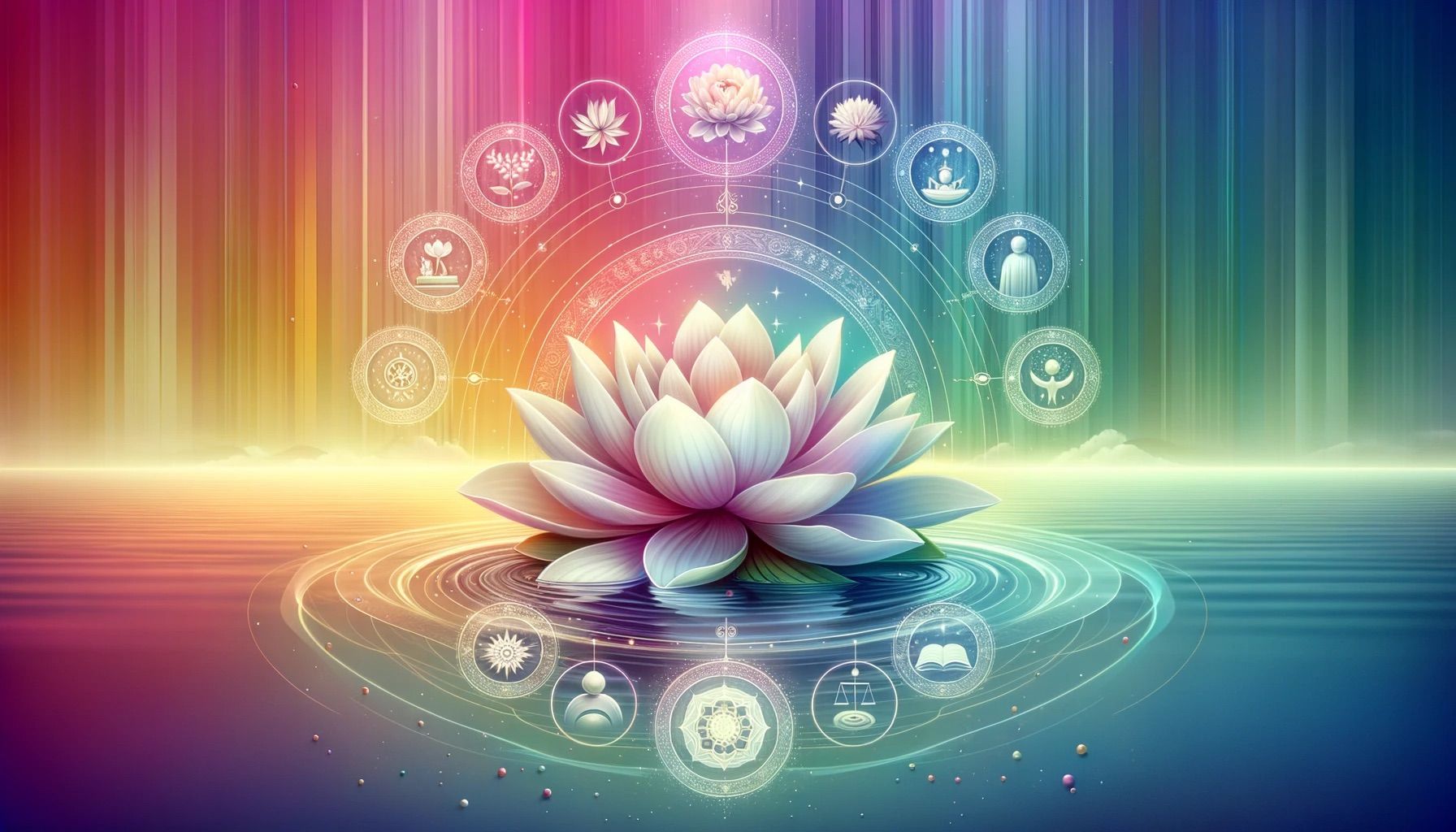
The Importance of Sanskaras in Life
Introduction
Sanskaras, a term derived from Sanskrit, holds a significant place in the culture and traditions of India. They are rituals or sacraments that mark various stages of life, guiding individuals toward a wholesome and spiritually enriched existence. These rituals encompass a wide range of ceremonies, each designed to bring positivity and well-being into a person’s life journey. In this article, we will explore the different Samskaras and their importance in the context of Indian culture and spirituality.
Garbhadhan Samskara:
The journey of life begins before birth, and the Garbhadhan Samskara emphasizes the importance of conceiving a child in a positive and healthy environment. This ritual involves specific practices aimed at ensuring the well-being of both the parents and the child-to-be.
Pumsavana Samskara:
During pregnancy, special ceremonies are performed to bless the unborn child with positive energy and knowledge. These rituals are believed to enhance the mental and physical development of the child and promote overall health.
Simantonnayan Samskara:
Simantonnayan is a celebration of the pregnant woman’s dignity and her transition into motherhood. It is a joyous occasion filled with festivities and blessings for the well-being of both the mother and the child.
Jatakarma Samskara:
The birth of a child is a momentous occasion, and the Jatakarma Samskara is performed to purify and protect the newborn. It is believed to imbue the child with good health, intellect, and protection from any harm.
Namkaran Samskara:
The naming ceremony, or Namkaran Samskara, is a cherished tradition where the child is given a name that will shape their identity and destiny. It is performed to instill a sense of purpose and individuality in the child.
Nishkramana Samskara:
As the child grows, the Nishkramana Samskara marks their first outing from the house to a sacred place, often a temple. This ritual signifies the introduction of the child to the spiritual and cultural aspects of life.
Annaprashana Samskara:
Annaprashana, or the first feeding ceremony, is a pivotal event in a child’s life. It marks the transition from milk to solid food and is performed with blessings for the child’s healthy growth and development.
Chudakarana Samskara:
The Chudakarana Samskara, also known as the Mundan ceremony, involves shaving the child’s head for the first time. It is believed to remove negative influences and promote physical and mental growth.
Upanayana Samskara:
Upanayana, or sacred thread ceremony, is a rite of passage for young boys. It is the beginning of their formal education and spiritual journey under the guidance of a guru. This ceremony is typically performed when a boy is between seven and sixteen years old.
Vivaha Samskara:
Marriage, or Vivaha Samskara, is a significant event that marks the union of two individuals and their families. It involves a series of rituals and ceremonies that bring blessings for a harmonious and prosperous married life.
Vanaprastha Ashrama Samskara:
In the later stages of life, individuals may choose to embrace the Vanaprastha Ashrama, a stage of semi-retirement. This Samskara symbolizes detachment from worldly affairs and a focus on spiritual pursuits.
Sannyasa Ashrama Samskara:
For those seeking complete renunciation and a life devoted to spiritual pursuits, the Sannyasa Ashrama Samskara is performed. It is a profound commitment to a life of asceticism and self-realization.
Conclusion:
Samskaras play a vital role in the holistic development of an individual from birth to death. They instill values, promote spiritual growth, and create a sense of belonging within the community and culture. These rituals serve as a bridge between the material and spiritual realms, guiding individuals on their journey towards a fulfilling and meaningful life.